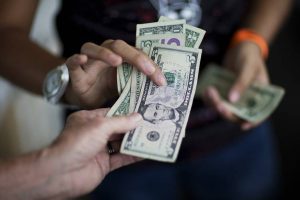 Closing out the month of August, US consumer prices ticked up a measely 0.2 percent, led by a surge in medical care that helped to offset the rather flat movement in the food and energy sectors. While this note is rather a bland one, the results follow similar readings from July. In addition, core inflation—numbers that do not include the likes of more volatile categories such as food and energy—have increased a similar 0.3 percent, according to the most recent report from the US Labor Department, on Friday.
Closing out the month of August, US consumer prices ticked up a measely 0.2 percent, led by a surge in medical care that helped to offset the rather flat movement in the food and energy sectors. While this note is rather a bland one, the results follow similar readings from July. In addition, core inflation—numbers that do not include the likes of more volatile categories such as food and energy—have increased a similar 0.3 percent, according to the most recent report from the US Labor Department, on Friday.
Capitol Economics US economist Steve Murphy, for example, notes, “Domestic price pressures continue to build, but only very gradually.”
This is the largest marked monthly increase since February; the core inflation climbing from a record jump in drug prices as well as the biggest rise in doctor and hospital charges in 25 years. Indeed, drug prices, medical services (hospital stays and doctor visits, etc) both jumped about 0.9 percent in the month; the biggest one-month rise in this category since November 1990. Overall, though, medical care services have increased 5.1 percent over the past year—the biggest increase, obviously, in any major category.
Indeed, over the past year, core inflation has risen 2.3 percent, specifically, but as a whole inflation has only increased about 1.1 percent. This is still far below the 2 percent target the Federal Reserve for annual inflation increase markers.
Next week, then, the Fed will meet to discuss the interest rate. Of course, analysts expect to keep key interest rates the same—at a very near-record low, in a range of 0.25 percent to 0.5 percent. Now, the Fed did raise rates—by one-quarter-point—in December, but in the months since then, officials have been reluctant on any more hikes. This, of course, reflects major concern over slow economic growth in the US as well as concern over various discord among global financial markets.
Still, economists believe that the Fed rate hike will most likely come towards the end of this year.
